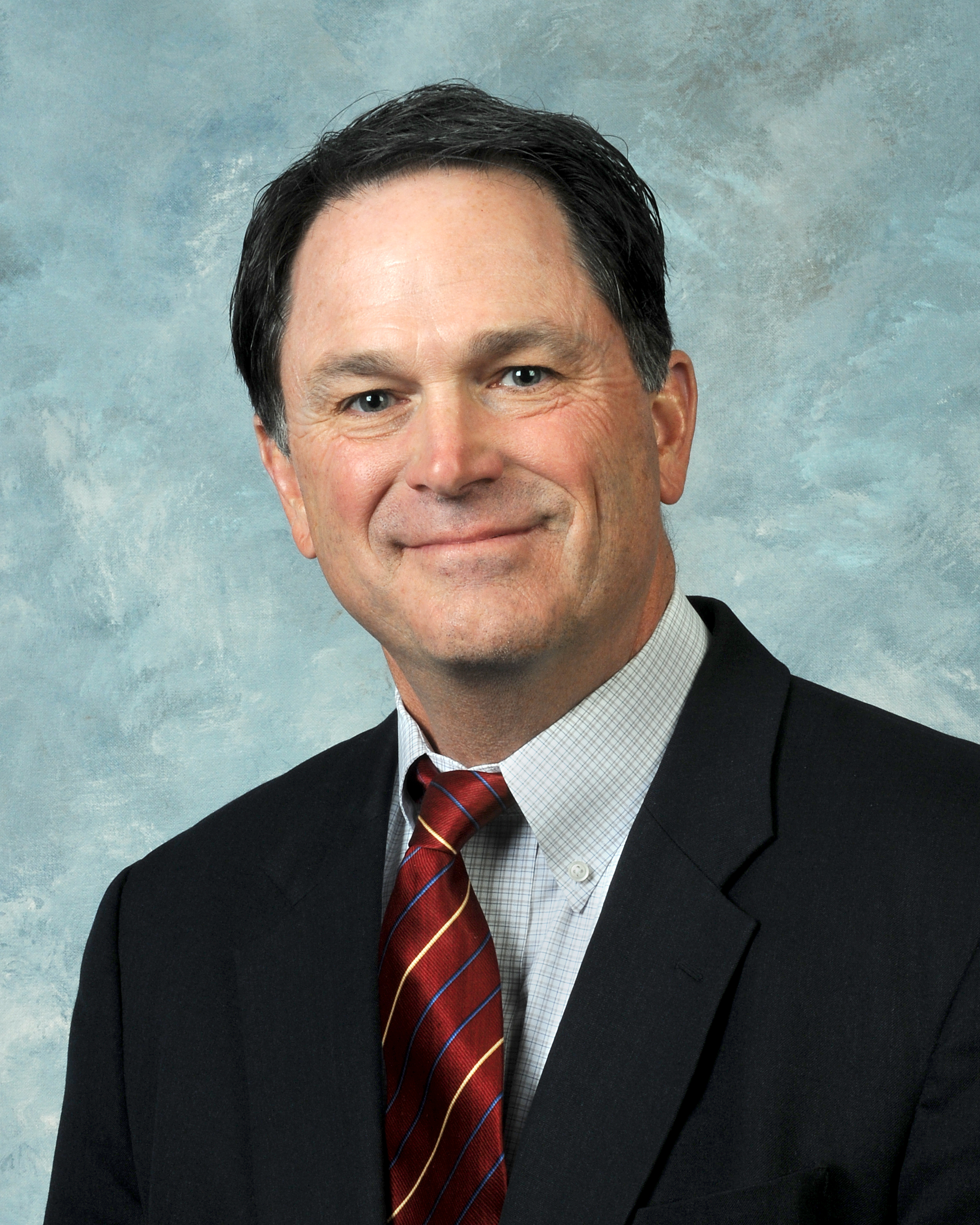Candid Conversation: State Senator Jason Howell, Chair of the Kentucky Senate Agriculture Committee
Posted on Nov 3, 2023
Candid Conversation presents a discussion about the topical issues related to Kentucky Farm Bureau (KFB) priorities, the agricultural industry, and rural communities, in a question-and-answer format. In an exclusive interview with KFB News, State Senator Jason Howell, Chair of the Kentucky Senate Agriculture Committee discusses issues in the industry and the value of advocacy.
KFB: As Chair of the Senate Ag Committee, what are some of the hot-button issues being discussed this interim going into the next session?
JH: Our continuing look into the Veterinary space. We will look to bring a reorganization bill for the State Veterinarian's office to provide the framework and flexibility for this office to best address the changing demands and needs for this office, especially in the area of response to disease outbreaks in our commercial animal production arena.
We will also look to the possibility of expanding veterinarian capacity by starting a veterinarian school at Murray State University, or another university in the Commonwealth. We will likely see a bit of follow-up on two major pieces of legislation from the 2023 session involving veterinarian licensing and regulation, and solar development.
I have co-chaired a Task Force this interim session that is studying our transportation areas, with particular emphasis being placed on our riverports. Our extensive commercially navigable waterways (Kentucky has the second-most shoreline of any state in the union) provide a key asset for our agricultural community for the movement of grain and fertilizer. One of my goals for this task force is to look for ways the Commonwealth can better support these ports not just for the direct benefit to the agriculture industry, but also for the ancillary benefits to our rural communities. Many of our current ports, and potential port locations, are located in rural areas. The ability to build up economic efforts around our rural riverports would support our rural economy which benefits everyone.
KFB: How important are relationships such as the one KFB enjoys with most members of the General Assembly, when it comes to advocacy?
JH: Personal relationships are so important in all aspects of our lives. KFB maintains a consistently visible presence in Frankfort that establishes a great degree of credibility with lawmakers. I believe the resolutions process that KFB employs serves as an excellent resource for policy efforts by vetting all those efforts through local memberships. Personally, I think one of the greatest strengths in KFB advocacy involves the discipline to only become officially involved in issues that affect their members. I have seen other entities in recent years, and especially in this past session, get involved in issues that did not reflect the interests of their members, and lose a great deal of credibility in the process.
KFB: As someone familiar with farm families and the agriculture industry, do you find yourself “educating” other members on issues that our farmers face on a day-to-day basis?
JH: Member education in the ag arena has become my greatest area of emphasis. While often from rural ag communities, it seems like more and more of our members do not have enough direct ties to agricultural production to understand the increasingly complex issues our producers, and our supporting agribusiness community, face in today's business world. I remain encouraged by the interest and reception our Senate members give toward truly understanding these issues.
KFB: Even though legislative sessions take place at certain times of the year, how do constituents stay engaged with their legislators during those times when you are not in session?
JH: While we are a "part-time" legislature, we serve in our roles full-time, and live in our communities year-round. So much of the truly beneficial input people can make on the policy front is better made when we are not in session, as we are better able to explore the issues more diligently.
KFB: In your opinion, what are some of the advantages we have in Kentucky when it comes to our agriculture industry? What are some of the challenges?
JH: While it sounds cliche to say that our main strength is our people, I think that is definitely the case here. For many years we were concerned in parts of our state whether we were going to have enough quality producers to step into the shoes of the older generations that were set to retire out of production agriculture.
At least in my district, this has not been a problem on any front, and our young farm families who are stepping into these expanded roles are expanding their roles in their approach to production and their communities.
Also, our diversity of products and demand for products provide our ag community with extra resources to supplement revenues and provide more opportunities for multiple children to remain engaged in family farm production.
In my district alone, the availability of industrial poultry and pork production provides great opportunities for our multi-generational family farm operations to continue their operational success.
While our people are our greatest strength, our greatest challenge is ironically our lack of people, or more specifically people willing and able to engage in farm work. The unmet need for quality workers that pervade most of our industrial areas in this country is particularly problematic in the ag production arena, both with our farmers and with the agribusinesses that support production efforts.
Comments